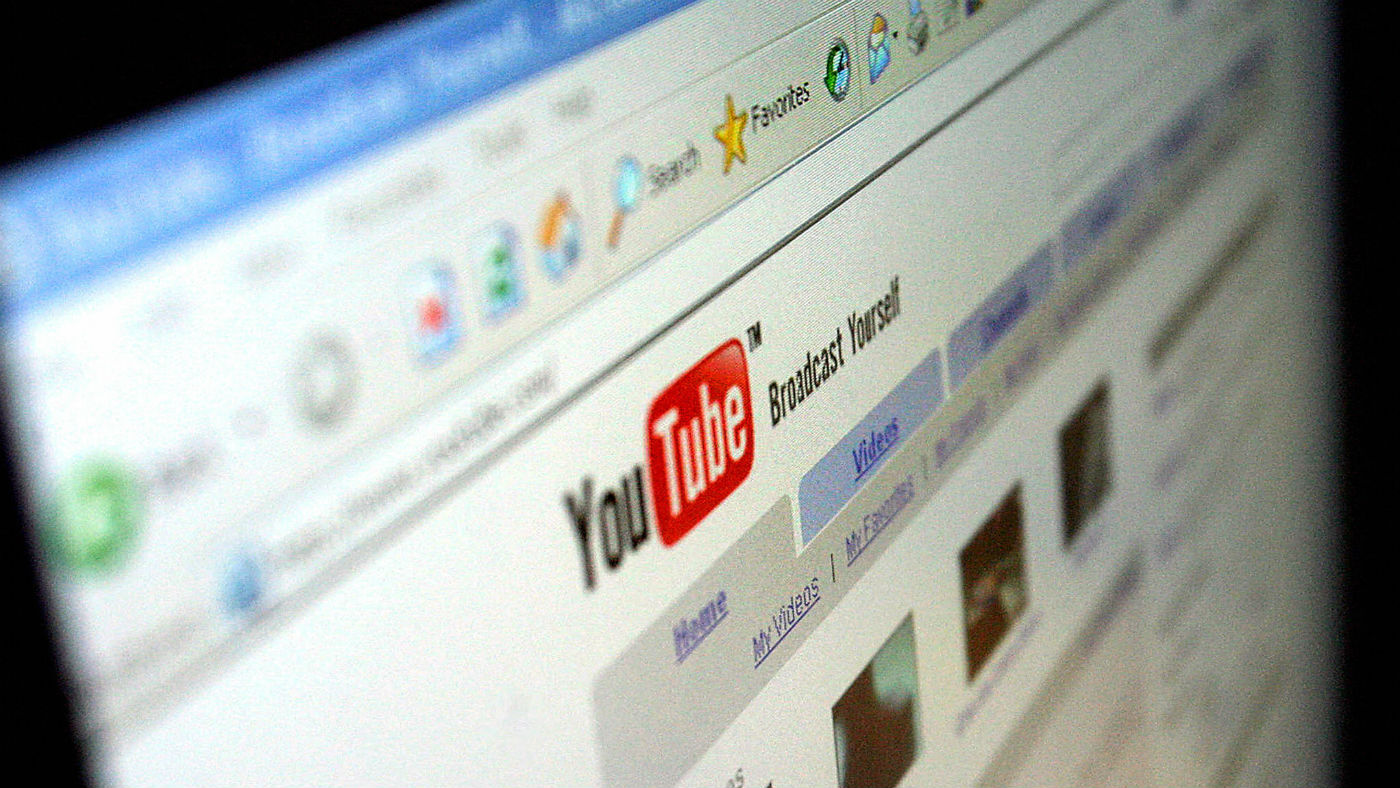EU rejects controversial copyright law
Supporters say it will benefit creators of content, but it could also limit internet freedom and stifle creativity

A free daily email with the biggest news stories of the day – and the best features from TheWeek.com
You are now subscribed
Your newsletter sign-up was successful
EU lawmakers have voted against controversial new legislation aimed at tightening copyright rules on the internet and making sure tech giants pay their fair share of royalties for content.
The music industry, including a host of famous names such as Paul McCartney, Annie Lennox and David Guetta, had come out in support of the law which would have put a greater responsibility on individual websites to check for copyright infringements.
The proposals sparked a bitter battle between internet giants, internet freedom groups and owners and creators of content, prompting a ferocious lobbying campaign from both sides ahead of the vote.
The Week
Escape your echo chamber. Get the facts behind the news, plus analysis from multiple perspectives.

Sign up for The Week's Free Newsletters
From our morning news briefing to a weekly Good News Newsletter, get the best of The Week delivered directly to your inbox.
From our morning news briefing to a weekly Good News Newsletter, get the best of The Week delivered directly to your inbox.
Critics claim that it could have a massive impact on how people use the internet, putting paid to memes and remixes, while stoking concerns it would require websites to scan all content being uploaded, automatically blocking anything that might infringe copyright.
The Daily Telegraph reports that campaigners at Copyright 4 Creativity said the proposals risk censoring free speech because it is likely that technology giants, afraid of hefty fines, will automatically remove content they deem a risk, ridding social media of satire, commentary and inevitably would “destroy the internet as we know it”.
A group of 70 influential technology leaders, including Vint Cerf and World Wide Web inventor Sir Tim Berners-Lee, signed a letter describing the law as an “imminent threat to the future” of the internet.
They were joined by Wikipedia co-founder Jimmy Wales who described it as “disastrous”, with editors at the encyclopaedia site warning that “Wikipedia itself would be at risk of closing” arguing that “if the proposal is approved, it may be impossible to share a newspaper article on social networks or find it on a search engine.”
A free daily email with the biggest news stories of the day – and the best features from TheWeek.com
“For you and me, it could have resulted in text, music and videos posted to blogs, social networks and comment sections being yanked from the net at point of upload - somewhat like YouTube's controversial Content ID system on steroids”, says BBC music reporter Mark Savage.
In the end MEPs narrowly voted to reject the law in its current form, deciding to return to the issue in September.
The Guardian says it means the likes of Google, YouTube and Facebook “could escape having to make billions in payouts to press publishers, record labels and artists”.
-
 Political cartoons for February 15
Political cartoons for February 15Cartoons Sunday's political cartoons include political ventriloquism, Europe in the middle, and more
-
 The broken water companies failing England and Wales
The broken water companies failing England and WalesExplainer With rising bills, deteriorating river health and a lack of investment, regulators face an uphill battle to stabilise the industry
-
 A thrilling foodie city in northern Japan
A thrilling foodie city in northern JapanThe Week Recommends The food scene here is ‘unspoilt’ and ‘fun’
-
 Epstein files topple law CEO, roil UK government
Epstein files topple law CEO, roil UK governmentSpeed Read Peter Mandelson, Britain’s former ambassador to the US, is caught up in the scandal
-
 Iran and US prepare to meet after skirmishes
Iran and US prepare to meet after skirmishesSpeed Read The incident comes amid heightened tensions in the Middle East
-
 Grok in the crosshairs as EU launches deepfake porn probe
Grok in the crosshairs as EU launches deepfake porn probeIN THE SPOTLIGHT The European Union has officially begun investigating Elon Musk’s proprietary AI, as regulators zero in on Grok’s porn problem and its impact continent-wide
-
 Israel retrieves final hostage’s body from Gaza
Israel retrieves final hostage’s body from GazaSpeed Read The 24-year-old police officer was killed during the initial Hamas attack
-
 China’s Xi targets top general in growing purge
China’s Xi targets top general in growing purgeSpeed Read Zhang Youxia is being investigated over ‘grave violations’ of the law
-
 Panama and Canada are negotiating over a crucial copper mine
Panama and Canada are negotiating over a crucial copper mineIn the Spotlight Panama is set to make a final decision on the mine this summer
-
 Europe moves troops to Greenland as Trump fixates
Europe moves troops to Greenland as Trump fixatesSpeed Read Foreign ministers of Greenland and Denmark met at the White House yesterday
-
 Why Greenland’s natural resources are nearly impossible to mine
Why Greenland’s natural resources are nearly impossible to mineThe Explainer The country’s natural landscape makes the task extremely difficult